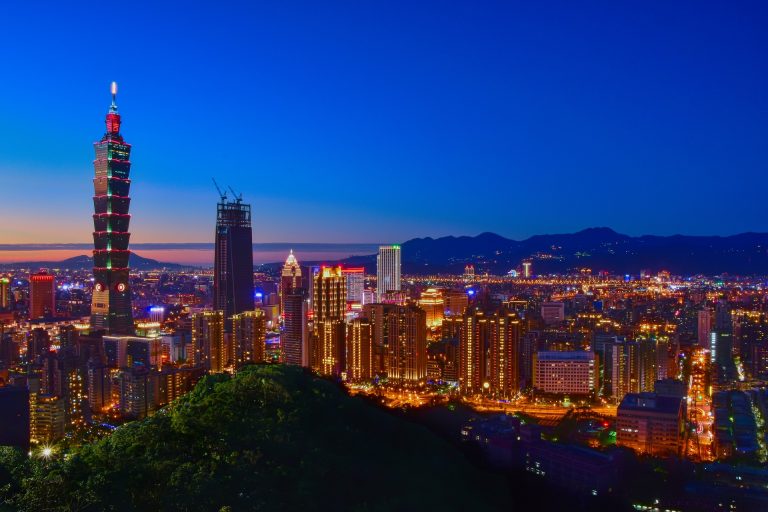Three top politicians from Taiwan have been sanctioned by the Chinese regime. The sanctioned individuals, Legislative Yuan President You Si-kun, Foreign Minister Joseph Wu, and Premier Su Tseng-chang, are now banned from entering the mainland as well as Macau and Hong Kong. The rule also applies to their relatives.
Any entities affiliated with the sanctioned individuals are blocked from working in organizations based in China. Companies linked to the politicians are prohibited from making profits in the mainland.
Zhu Fenglian, a spokesperson for Beijing’s Taiwan Affairs Office, accused the politicians of “smearing” China, amping up negative sentiment, and working together with foreign forces. “Those who forget their ancestors, betray the motherland and split the country, will never end up well and will be spurned by the people and judged by history,” Zhu said.
Zhu was especially critical of foreign minister Wu, calling him as being “stubbornly pro-Taiwan independence.” Wu has been a target of Beijing’s state media in recent times as he is working hard to boost international support for Taiwan. In October, Wu visited Europe to garner support against the CCP. Last week, the European Parliament sent its first official delegation to the island. Chinese state-backed media outlet Global Times had accused Wu of attempting to worsen relations between China and Europe.
Wu welcomed his blacklisting by the Taiwan Affairs Office, indicating it as a great recognition. “I’ve received countless notes of congratulations after being blacklisted & sanctioned, for life, by the #CCP. Many are jealous for not being recognized; some ask where they can apply for it. To deserve the rare honor, I’ll keep fighting for #Taiwan’s freedom & democracy,” Wu said in a tweet.
Success
You are now signed up for our newsletter
Success
Check your email to complete sign up
Legislative Yuan President You also took the news of his blacklisting with a pinch of humor, saying that he feels “honored” about it as his international renown seemed to have received “another significant boost.” Premier Su dismissed China’s blacklisting, saying that he was only doing his duties towards Taiwan.
According to experts, the sanctions are not expected to have much of an effect on the three politicians as they are not likely to travel to China or do business in the country. The sanctions are believed to be aimed at appeasing public sentiments of mainland citizens given Taiwan’s attempts to assert its independence.
Taiwan’s Mainland Affairs Council criticized Beijing for the sanctions, stating that the island is a democratically ruled society that lives by the rule of law and not the dictates of the Chinese government. The council stated that the Taiwanese “do not accept intimidation and threats” from an authoritarian regime and promised to take “necessary countermeasures” to protect the well-being and safety of citizens. It called the sanctions tactics to force opponents to submit to its political whims.
“If Beijing tries to do harm to our democracy and freedom and create opposition and disquiet, our government will take necessary reciprocal measures to ensure public safety,” the council said. It warned that “the CCP would have to bear any possible consequences” of such actions.
China’s sanctions come as a top Taiwanese security official recently revealed that Beijing has debated invading Taiwan. Speaking before lawmakers, Taiwan’s National Security Bureau Director-General Chen Ming-ton said on Nov. 4 that Beijing has mulled invading and capturing the Pratas Islands and uses war as a means to force Taiwan into talks.
However, Chen believes that such an attack won’t happen during current president Tsai Ing-wen’s tenure. Taiwan-controlled Pratas Islands is located just 190 miles off southeast Hong Kong. “Frankly speaking, they have internally debated about it before… We of course have some awareness,” Chen stated.














